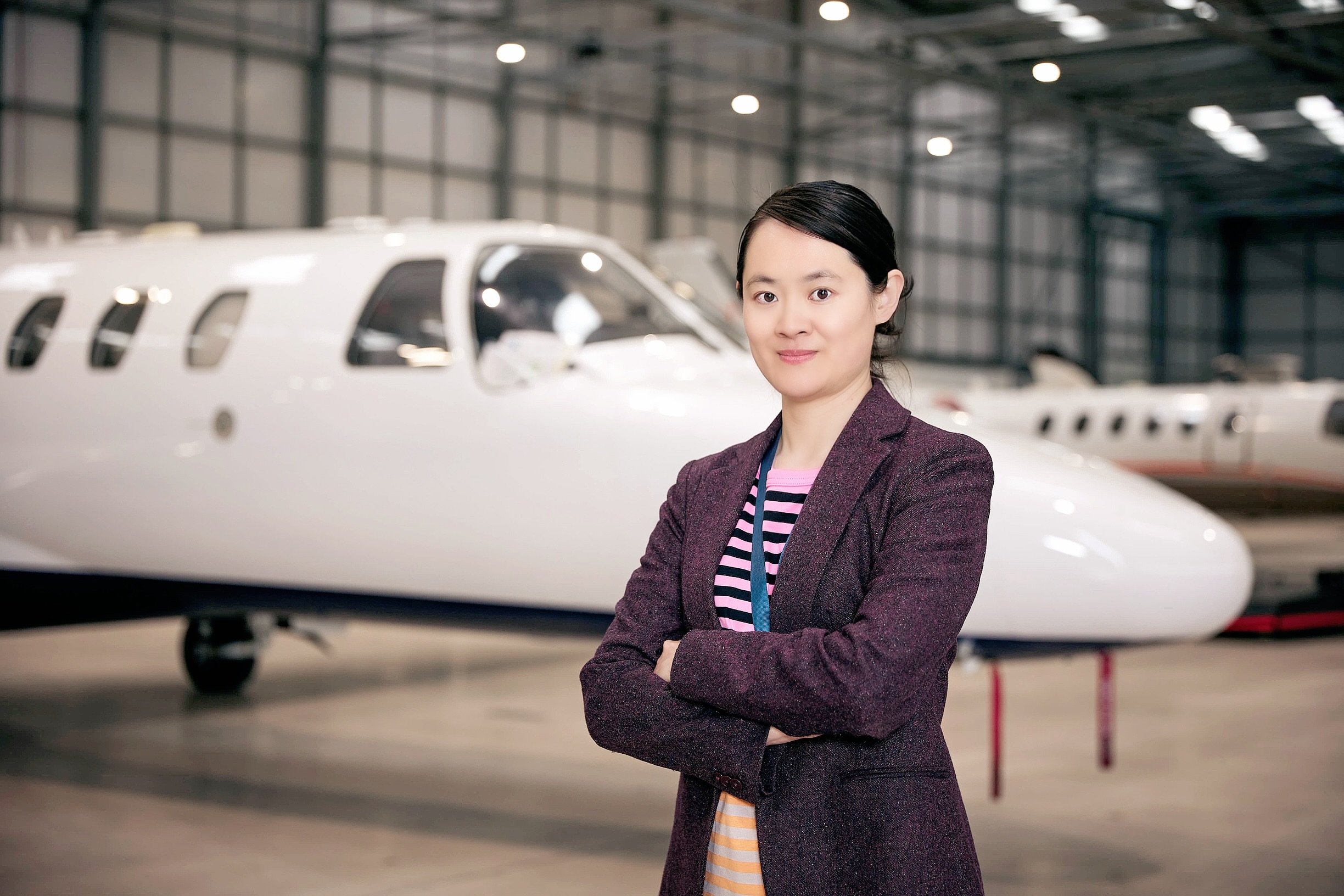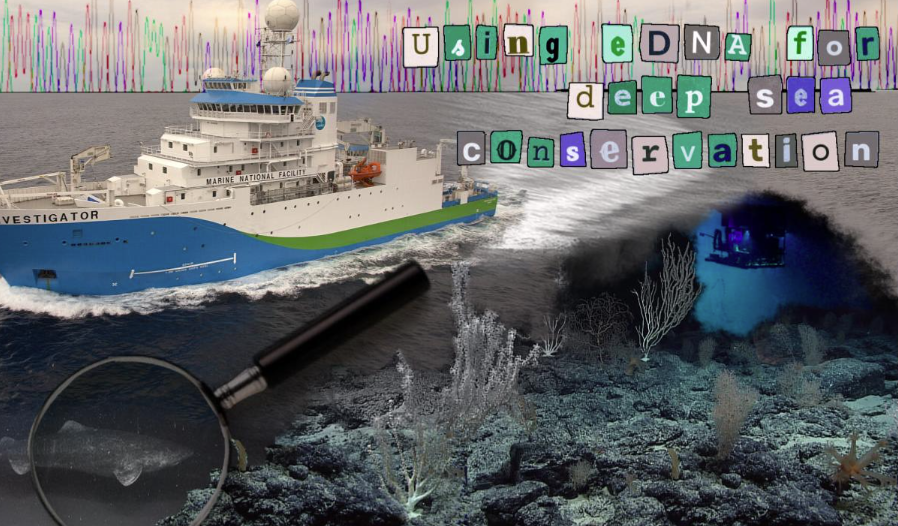What is the future of sustainability?
It was a privilege to speak to Jane and listen to her share her personal and academic journey to where she is now: COO of OXCCU, a sustainable aviation fuels (SAFs) company based in Oxford. My personal highlights included Jane’s insights that learning is a continual process and that diversity in the workplace is essential for innovation. Of course, leading a climate tech company, Jane advocates for interdisciplinarity and cooperation between science and business. As a scientist in entrepreneurship herself, Jane also shared the inevitable—but important—process of learning and adapting on the job.
Calling to all students, Jane compels us to set our sights on the big picture and ask ourselves, ‘who do we want to be?’. Keep this in mind throughout this inspiring discussion, which I hope you find just as engaging.
Interview starts
You’re the co-founder and COO of OXCCU. Before we hear about your extensive experience in innovation management and your background in chemistry—where you received a PhD from the University of Cambridge—could you first give us an overview of OXCCU, including its objectives and key technologies?
Sure. OXCCU is a spin-out company from Oxford University’s Chemistry Department. ‘CCU’ comes from the concept of carbon capture and utilisation, where ‘CCU’ would stand for ‘captured carbon utilisation’. In the end, we preferred the term ‘circular carbon utilisation’. The acronym remained necessary though!
Our name reflects what we do. OXCCU is a technology company that focuses on how we can utilise CO2 and convert it into something useful, whether that’s fuels, chemicals, or plastics. We aim to provide technology solutions to alternative fuel markets by developing catalyst reactor processes, particularly SAFs. A cool way to think about our work is that we make alternative fuels from air and water. This is also usually easier to grasp for those who aren’t in science.
How did you navigate the connections between business and science in your studies?
I was always interested in entrepreneurship, and the ability to use entrepreneurship to look for opportunities where science can make an impact. When I studied science my thoughts were, ‘how can we use it?’ and ‘what does it mean for our everyday lives and how can it influence us?’ When I went to university I ideally would have pursued a dual degree, but there were few like this 20 years ago. In the end I asked around, and was told it’s easier to first go into science and then make my way into business than vice versa. Now I would encourage students to undertake interdisciplinary studies, as I still hold the belief that you need a translator to bridge the ideas and agendas between science and business.
Similarly, how did you identify the market potential of climate tech—and how did your expertise in both science and entrepreneurship facilitate your founding of OXCCU?
I worked for Oxford University Innovation, which is the technology transfer company owned by Oxford University helping academics to commercialise their technology. There, I led a climate tech innovation initiative, and one exercise I carried out was to look into the university’s climate technology IP portfolio. This seemed a good opportunity to decarbonise these industries. This was, however, before Covid, and in the UK the phrase “climate tech” was not really an established term yet (green tech, clean tech, etc. were trendier). For example, researchers and innovators were more focused on the emergent EV (electric vehicle) industry. My background in chemistry and experience in innovation management consultancy enabled me, and a few others, to co-found OXCCU.
What opportunities led you to your current role at OXCCU?
There are three main opportunities I think of that were pivotal for me. First was my undergraduate study in medicinal chemistry, where I had the opportunity to do a whole year industry placement at Pfizer, a global pharmaceutical company. Within 12 months, I gained insight as to how the business operates by going to different departments and seeing what they do. By this point, I was quite convinced I wanted to pursue science and business together, so I applied for two courses at Cambridge: the Master’s degree in bio-enterprise and a PhD in chemistry. Since the latter was three years, I decided to conclude my science journey with a PhD. Cambridge in particular had an entrepreneurial training programme for scientists with MIT.
The three years allowed me to get fully involved with everything on offer for learning entrepreneurship: evening talks, lectures, societies, summer camps. This brings me to the second opportunity I credit for reaching my current position: I set up a new student society called Cambridge University Consulting Society. While I did not really want to go into consulting, I saw it as a business opportunity, even though it is a not-for-profit society. In hindsight, this was especially important because I developed key skills such as leadership, public speaking, partnership, and organising events. Society activities are great outlets for students to explore their interests in a professional setting.
The third opportunity was the project I undertook at Oxford University Innovation. I initiated the climate tech innovation lead, just before Covid, where I worked with leading academics at the university and the local residents of Oxford. We launched a series of events and activities, including a competition and a marketing campaign during the pandemic whilst people were stuck at home. These helped me build a strong network, not only in the Oxford area, but in London and Cambridge too. Together, these opportunities contributed to where I am now at OXCCU.
Why do you think OXCCU assumes such an important place in the climate technology market?
OXCCU’s technology is a scientific breakthrough. The academic co-founders dedicated around a decade of research to creating a catalyst that activates—converts —CO2 molecules directly into long-chain hydrocarbons. Its novelty lies in the fact that CO2 is a very stable molecule.
I think we are one of the pioneers in the e-fuel market. You have e-vehicles and now we have e-fuels. We are proud of ourselves because we present a solution that is different to the many others that are currently in the market. We will be one of the UK companies who have contributed most to the UK’s target of committing to 10% sustainable jet fuels by 2030 (the EU has a similar target). We are both doing our part and setting a precedent for future SAF innovations.
What do you think the role of diverse teams and including youth voices is in the innovation process?
Diversity and leveraging youth voices is critical. Fundamentally, we are social beings, meaning we benefit from being with others of different age groups, genders, social, and ethnic backgrounds and it is in our nature to interact and collaborate with each other.
Particularly for innovation and creativity, you need people to bounce ideas off one another and encourage people to draw on their unique experiences, perspectives, and ways of thinking. Everyone has unique solutions they can come up with, and we can clearly see the positive impact that having a diverse team—both young and experienced recruits—has on our company. The dynamics go both ways: the senior colleagues want to share their teachings, while younger colleagues are eager to learn more and ask sharp questions. We want to welcome and maintain a culture like this at OXCCU.
How did you balance science and entrepreneurship, and what advice can you give to students to help them keep their options open?
Firstly, my main advice is to stay open-minded. We cannot quickly and easily change the current education system, but there are now so many possibilities to learn online.
For me, I knew my strength in chemistry meant it would take me the furthest in terms of opportunities. It is good to know yourself, including what you are good at. That means you can supplement your interests with other types of learning, with the bonus that it is not graded and does not determine your future. I knew I personally do not like exams when I thought I had done enough of them!
A guiding principle is to remind yourself to ask, ‘what kind of person do I want to be?’. This encourages you to develop yourself and step outside your comfort zone. As a specific example, the impact of climate change will land on the current younger generations—current students. Nevertheless, much decision-making rests on senior management and government officials. It is therefore pivotal that young people are able to offer their visions for the future, and everyone reading this should ask themselves how they can do the same. The hardest part is standing out in a very crowded, competitive space. A skill I see as essential in the contemporary business landscape is the ability to research, identify, and engage stakeholders independently so that you can build up your own all-important big-picture vision.
I emphasise continual learning because you can always “top-up” your expertise—your studies are just the first big milestone of many to come.
Finally, what is the project you are most proud of leading, and why?
I enjoy leading my current company—it is a project where I can build upon my existing knowledge and experience and contribute to the energy transition challenges that we face. I like working on solving big problems, especially with a diverse team. That way I can learn from, but also mentor and provide guidance to, others. My main priority for the projects I work on is that they can make a substantial positive impact on the world, not just for us currently but also for future generations.





